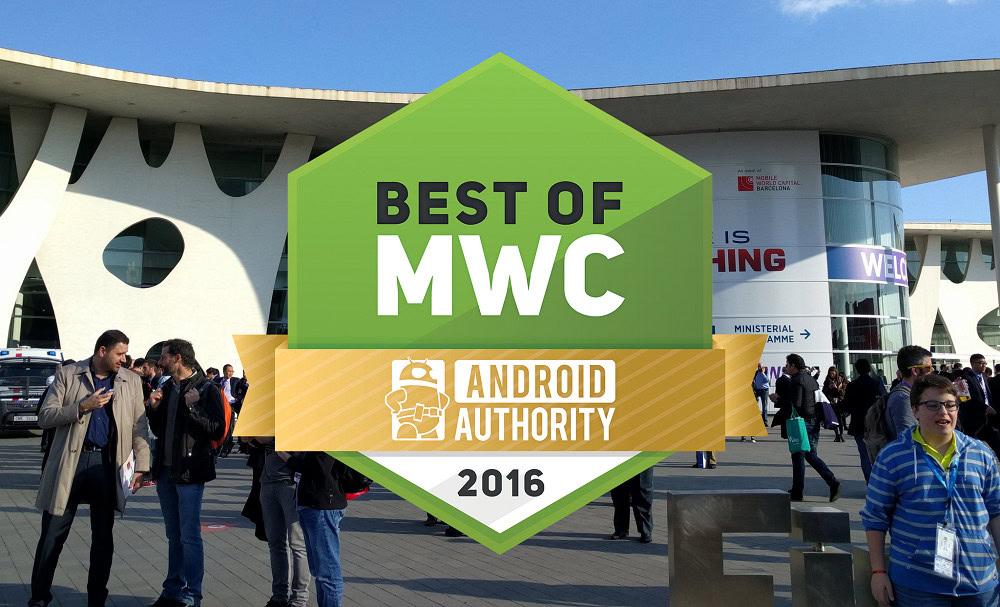Affiliate links on Android Authority may earn us a commission. Learn more.
Google’s PlaNet AI can figure out where a picture was taken just by looking at it
Published onFebruary 26, 2016

Google’s deep-learning experiments have produced a wide array of results both practical and fascinating. The newest AI endeavor can look at a picture and guess where it was taken by comparing it to millions of other pictures at once. It’s called PlaNet, and it’s heralding an era in which photos won’t need geotags for their photographer’s location to be pinpointed.
The premise is fairly simple and easy to grasp. If you put a picture of the Statue of Liberty in front of someone, billions of people would be able to guess correctly that the photo was taken in New York City. We identify locations based on landmarks all the time, and this program does essentially the same thing. However, it’s able to identify locations in the absence of obvious landmarks by comparing and contrasting the photo with a massive database of pictures taken all around the world.


The technology is by no means perfect. Or even consistent. Team lead Tobias Weyland says that PlaNet can can pinpoint a photo’s location with street-level accuracy 3.6 percent of the time. Just guessing the city hops it up to 10.1 percent accuracy, and it gets the country right 28.4 percent of the time. It can guess the continent almost half the time, 48 percent accuracy on that one.
That may sound pathetic, but the point isn’t that it’s perfect. The point is that it’s better at doing this than human beings. To see how well you fair at guessing your location, give Geoguessr a whirl. This little online game will drop you in a random location and let you stroll around and try to figure out where you are. It’s pretty tough, and PlaNet isn’t given the luxury of a stroll when trying to suss out these photos’ locations.
To showcase this tech’s ability, researchers pitted the program against a group of well-traveled human beings. PlaNet was able to out-guess human players in 56 percent of guessing rounds. Although that seems like a narrow victory, researchers pointed out that PlaNet had a “localization error rate” less than half that of its human competitors.
Google hasn’t revealed how they’re planning on using this tech or how its development will be pushed forward, but it does have some interesting implications. What do you think of PlaNet’s place-guessing skills? Let us know in the comments below!
